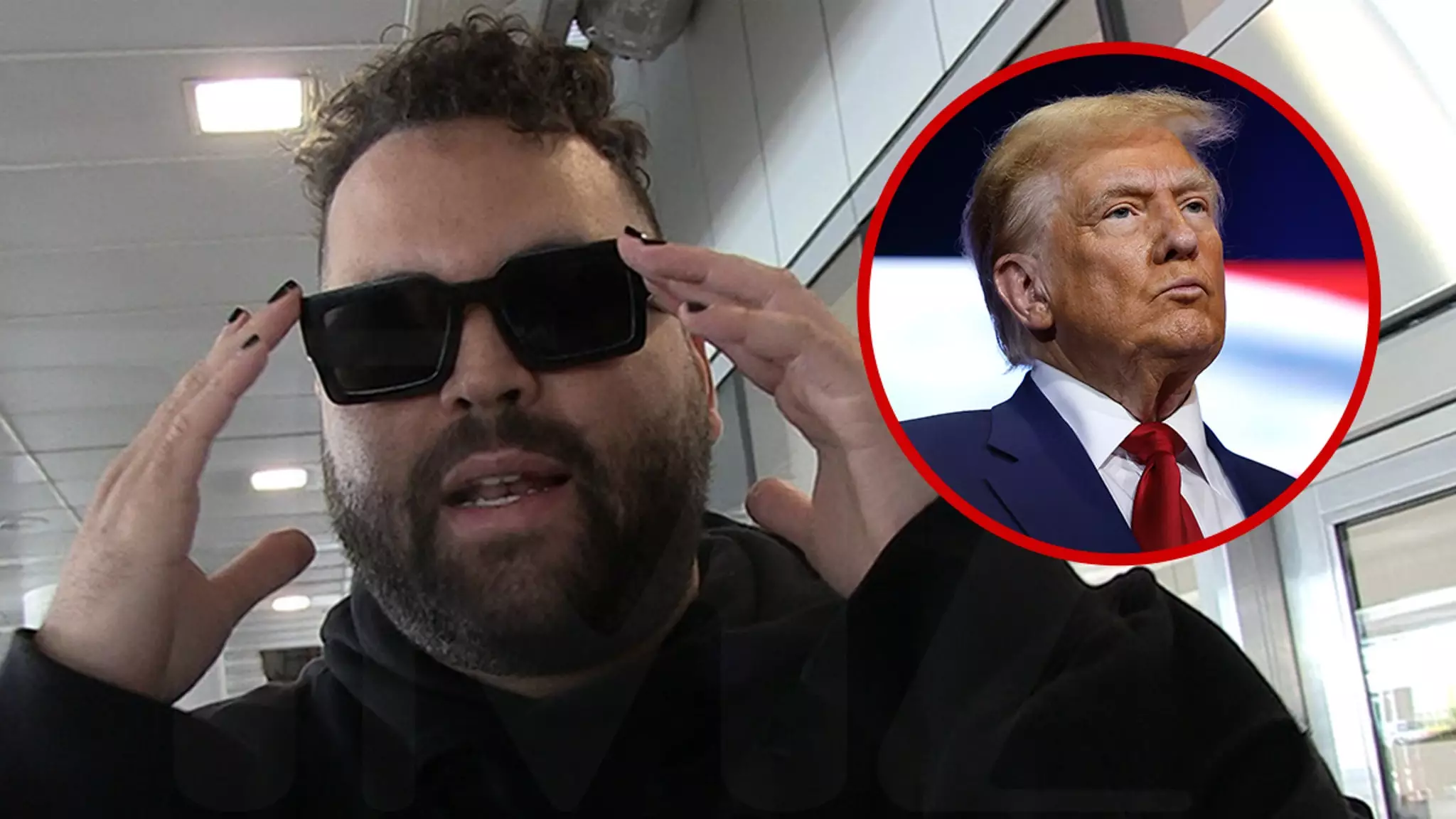In a world where the boundaries of political expression intertwine with cultural platforms, renowned chef and restaurateur Jeremy Fall emerges as a staunch critic of President Trump’s tactics. With the upcoming military parade in Washington, D.C., coinciding with Trump’s 79th birthday, Fall sees a glaring misuse of power. He articulates a compelling argument that this event is not merely a celebration of military heritage but rather an orchestrated display meant to instill fear among the populace.
The underlying message Fall conveys is alarming: he perceives the military, a symbol of national pride and security, as being converted into a personal tool for Trump’s authoritarian ambitions. Describing the situation plainly, Fall states, “The military is not his personal puppet show,” emphasizing that the constitutional role of the military should never serve as a prop for individual agendas, especially those fostering division and oppression. This perspective is crucial, as it calls for a reevaluation of how state power can be manipulated to suppress dissent.
The Crucial Role of Civil Disobedience
In the face of what many view as escalating authoritarianism, Fall encourages peaceful civil disobedience as an essential response. This form of activism is not only permissible; it is vital for the health of democracy. By advocating for nonviolent protest, Fall urges citizens to reclaim their voice and resist the fear tactics employed by this administration. Deeply embedded in the American ethos is the idea of standing against injustices, and Fall’s stance resonates with those who believe in the necessity of questioning authority.
As protests erupt nationwide in response to the current administration’s policies, particularly regarding immigration, Fall’s insights gain even more significance. He highlights the recent deployment of 700 Marines in Los Angeles as a chilling reminder of how military intervention can be used against citizens rather than for their protection. This context amplifies his call for activism; citizens must not remain silent while such tactics threaten their rights.
Empowerment through Protest
While Fall firmly advises against violent uprisings, he emphasizes that passive compliance is dangerously naive. He paints a grim picture of a potential future under Trump’s governance; it is a narrative filled with the erosion of civil liberties and the establishment of a government driven by personal motives rather than collective wellbeing. His thoughts capture a growing unease prevalent in the cultural consciousness—a fear of a transition toward dictatorial control.
The “No Kings” rallies serve as a backdrop for this nationwide awakening, encapsulating the spirit of rebellion against federal overreach. Fall’s call for participation in these peaceful protests symbolizes not just an act of defiance, but a chance for citizens to unify against tyranny. It sends a powerful message that the American spirit is alive and well, willing to challenge perceptions of power and authority while advocating for the core liberties that define the nation.
Through his platform, Fall ignites a passionate discourse that extends beyond the realms of culinary excellence, urging those who value freedom to rise with resilience. His intention is clear: the fight against intimidation may not only reshape a nation but also redefine how power is viewed and assigned in a democratic society.

